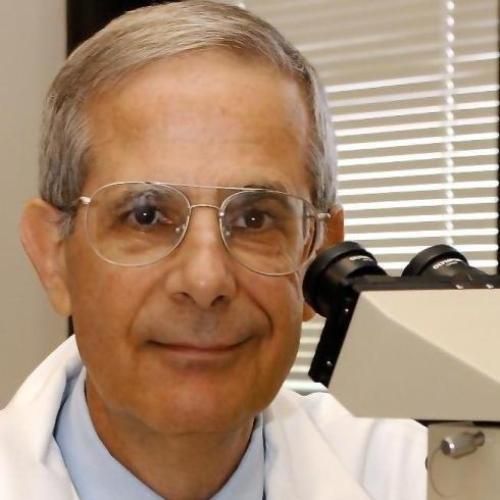
Macrophage polykaryon formation in vitro by peritoneal cells from mice given injections of sodium periodate.
Peritoneal macrophages from mice that have received two separate intraperitoneal injections of the sterile, soluble oxidant NaIO4 form macrophage polykaryons (MPs) in vitro, but peritoneal macrophage from untreated, peptone-treated, or mice infected with bacille Calmette-Guerin (BCG) do not. The polykaryons are noted after 18-24 hours of culture and continue to form over a 60-72-hour period. The MPs do not form if the macrophage density is less than 4 x 10(3)/sq mm. The polykaryons appear in vitro only in cultures with less than or equal to 1-5 ng/ml lipopolysaccharide (LPS) (amounts of LPS that commonly contaminate culture medium and serum). Hydrocortisone hemisuccinate (2.6 x 10(-9) M) inhibits MP formation in vitro. Lymphocytes do not influence the polykaryon formation, and supernatants from MP cultures do not cause fusion of other macrophages. Microcinephotography demonstrates fusion of the macrophages to form the large polykaryons, which are less motile than uninuclear macrophages. The polykaryons assume different forms; generally, the nuclei (mean, 16.8 nuclei/MP; range, 2-137 nuclei/MP) are centrally located, and the nuclear chromatin of all nuclei appears similar. The MPs phagocytize polystyrene spheres and glutaraldehyde-treated erythrocytes to the same degree as do uninuclear macrophages when determined as particles per nucleus (phagocytic index), but their phagocytic index of IgG-coated erythrocytes is decreased. Peritoneal macrophages from mice given double injections of NaIO4 are nontumoricidal in the absence of LPS, but LPS, in amounts sufficient to inhibit polykaryon formation, renders the macrophages tumoricidal. Populations of macrophages containing MPs formed over 3 days of cultures also respond to LPS or macrophage activating factor (MAF) to demonstrate enhanced tumoricidal activity.
Duke Scholars
Published In
ISSN
Publication Date
Volume
Issue
Start / End Page
Location
Related Subject Headings
- Phagocytosis
- Periodic Acid
- Pathology
- Mice, Inbred Strains
- Mice
- Macrophages
- Lymphocytes
- Lipopolysaccharides
- Female
- Cells, Cultured
Citation

Published In
ISSN
Publication Date
Volume
Issue
Start / End Page
Location
Related Subject Headings
- Phagocytosis
- Periodic Acid
- Pathology
- Mice, Inbred Strains
- Mice
- Macrophages
- Lymphocytes
- Lipopolysaccharides
- Female
- Cells, Cultured

